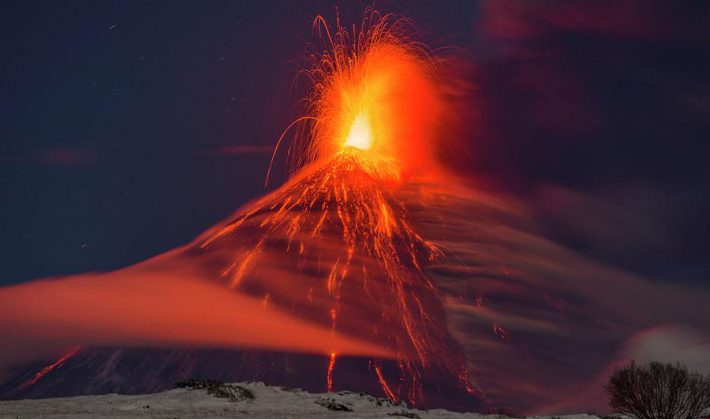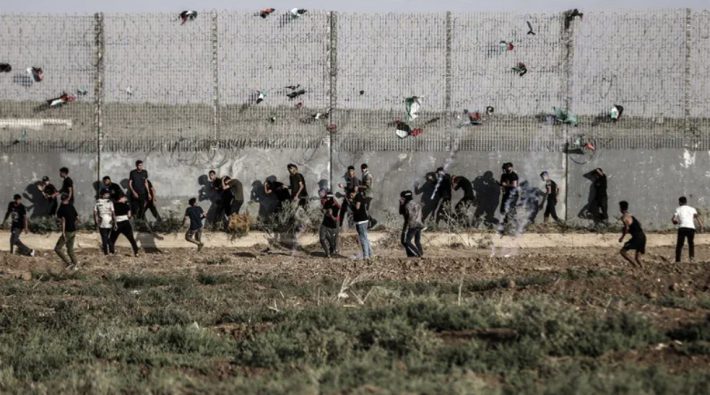History proves Jewish dispersal leads to vulnerability and tragedy. Israel may sit in the world’s most hostile neighborhood, but only there can Jews defend themselves collectively—and that’s precisely the point.
The Tourist’s Question
“Why here?” the tourist asks. “Why live at the foot of the volcano?”
Surely, there are quieter corners of the world—solid ground without tremors, smoke, or danger. Why not choose a safer home?
Well-meaning critics often give Jews two “solutions”:
- Remain dispersed, without a state.
- If a homeland is necessary, pick a safer location—Uganda, Cyprus, Madagascar, anywhere but the Middle East.
Both arguments are not only misguided—they are dangerously wrong.
History’s Verdict on Dispersal
Jews make up barely 2% of the world’s population. History shows that scattering across nations provides no protection—only vulnerability.
From Spain to Russia, France to Germany, Jews were welcomed, then betrayed, expelled, or slaughtered. Even in today’s West, the pattern remains. American Jews have suffered synagogue shootings and campus intimidation; European Jews face rising violence and open antisemitism.
Dispersal isolates communities, turning each into easy prey. Collective strength is lost.
The logic is simple: ten sticks bound together cannot be broken, but alone they snap easily.
Modern Illustrations of the Pattern
Consider the recent murders of Yaron Lischinsky and Sarah Lynn Milgrim HY”D, gunned down outside Washington’s Jewish Museum.
The horror was not only in the crime itself—but in the reaction:
- A former Jordanian minister accused Israel of staging the killings.
- A Maryland teacher sneered they were just “two racist white folks.”
- Iranian media hailed their killer as “our dear brother” and the “American Sinwar.”
This is the reality of dispersion: attacks dismissed, blamed on victims, or outright celebrated. The world shrugs, and Jewish blood is cheap.
The Hornet’s Nest Argument
Critics say Israel is foolishly built in a “hornet’s nest.” Hezbollah’s Nasrallah even gloated: Jews concentrated in Israel save their enemies the trouble of chasing them worldwide.
But he misses the point. Dispersal makes Jews easy targets. Concentration gives Jews the ability to defend themselves.
Yes, Israel is surrounded by a billion hostile neighbors. But for the first time in two thousand years, Jews are not defenseless. They have an army, intelligence services, and the power to strike back. The hornet’s nest stings.
Contemporary Challenges
President Trump has taken unprecedented steps against antisemitism, especially in universities where anti-Jewish hatred festers. Yet shockingly, some Jews oppose these measures—history will judge such appeasement harshly.
The truth is clear: dispersal leaves Jews at the mercy of shifting political winds; sovereignty provides resilience, deterrence, and collective security.
The Results Speak for Themselves
For centuries, Jews died as scattered individuals, abandoned by the nations they trusted. Today, in Israel—even at the foot of the volcano—they live, fight, and defend themselves as one.
That is not a flaw in Israel’s location. That is the entire point.
This essay is dedicated to the memory of Yaron Lischinsky and Sarah Lynn Milgrim HY”D. May their memories be a blessing, and may God avenge their blood.





